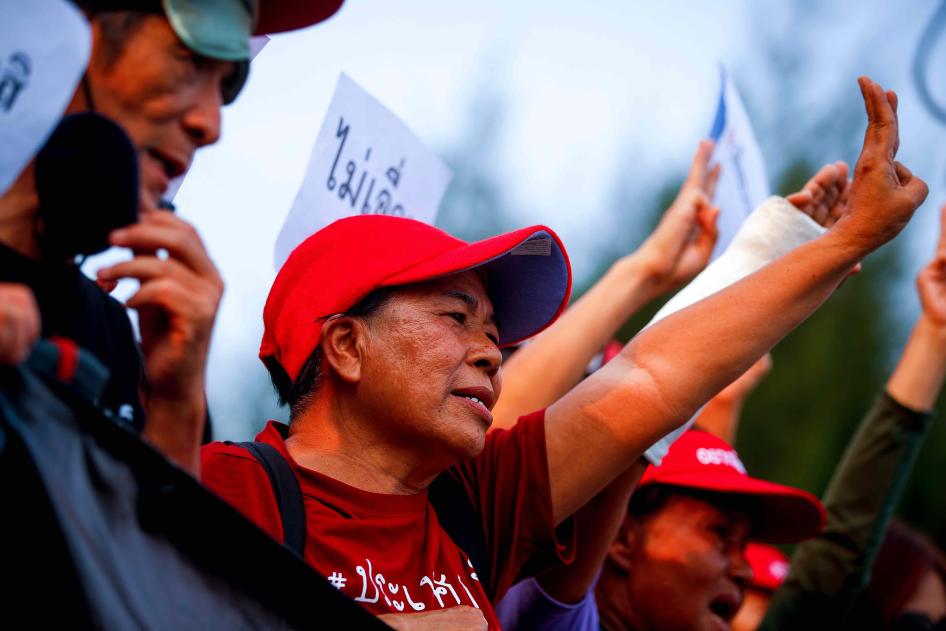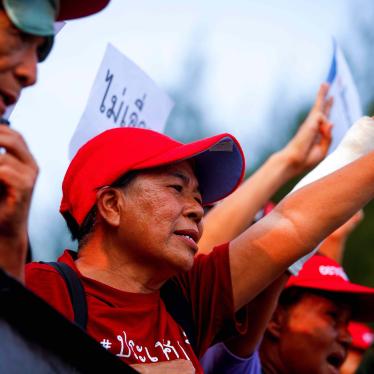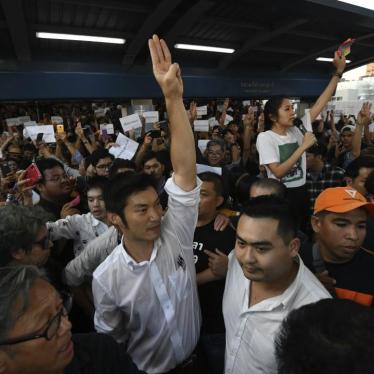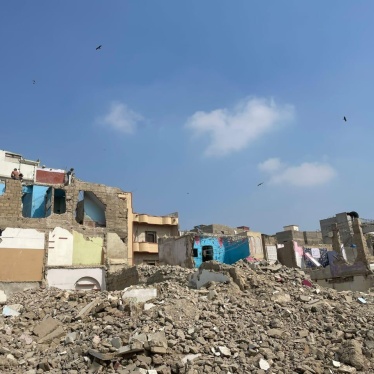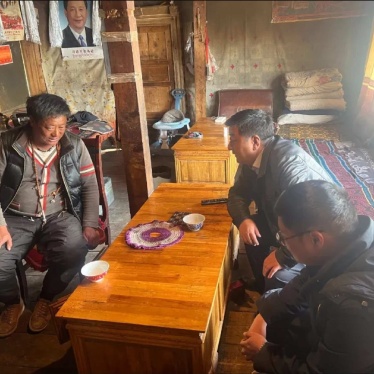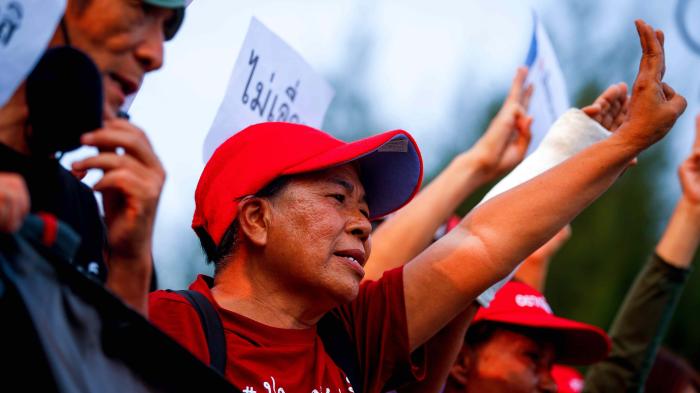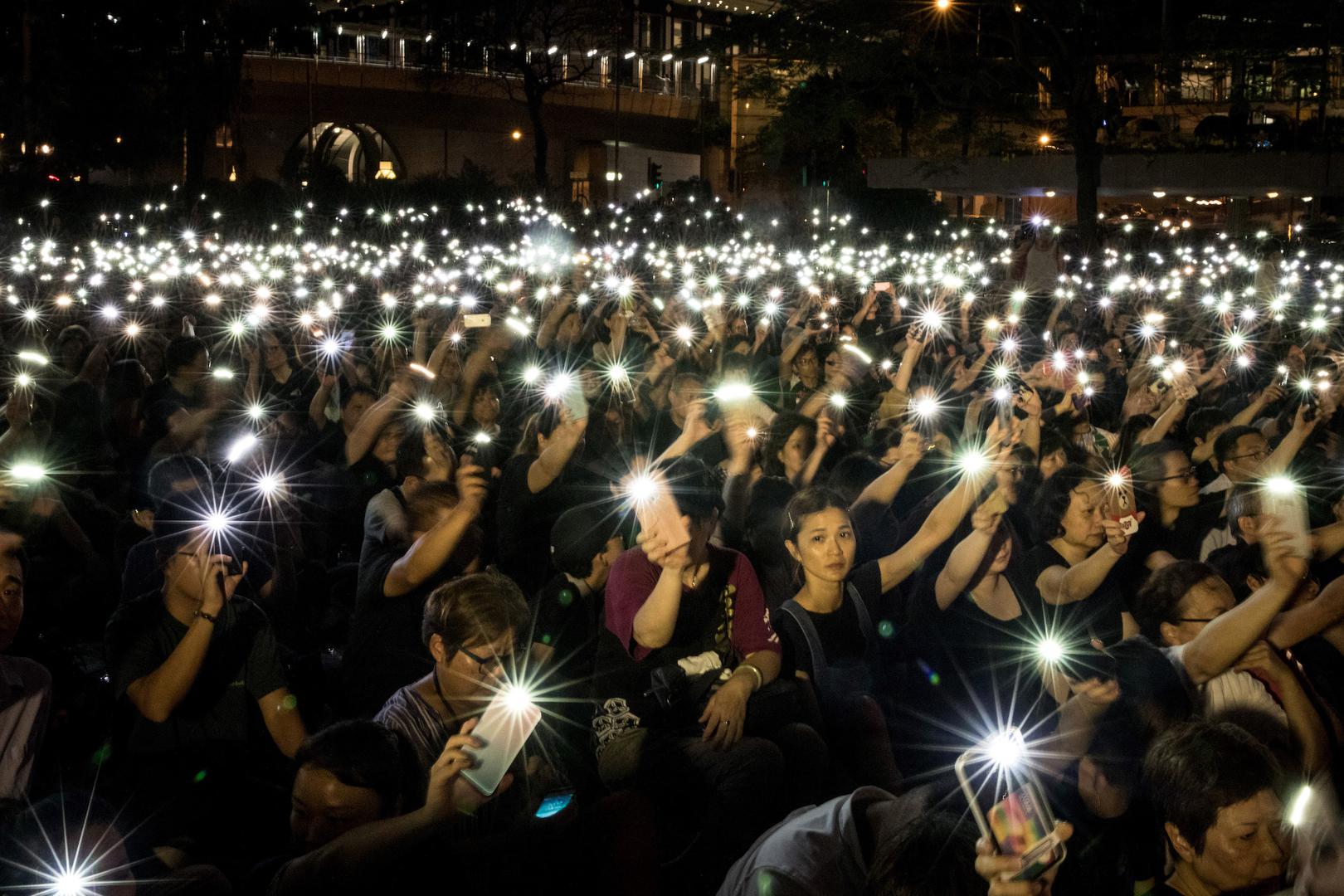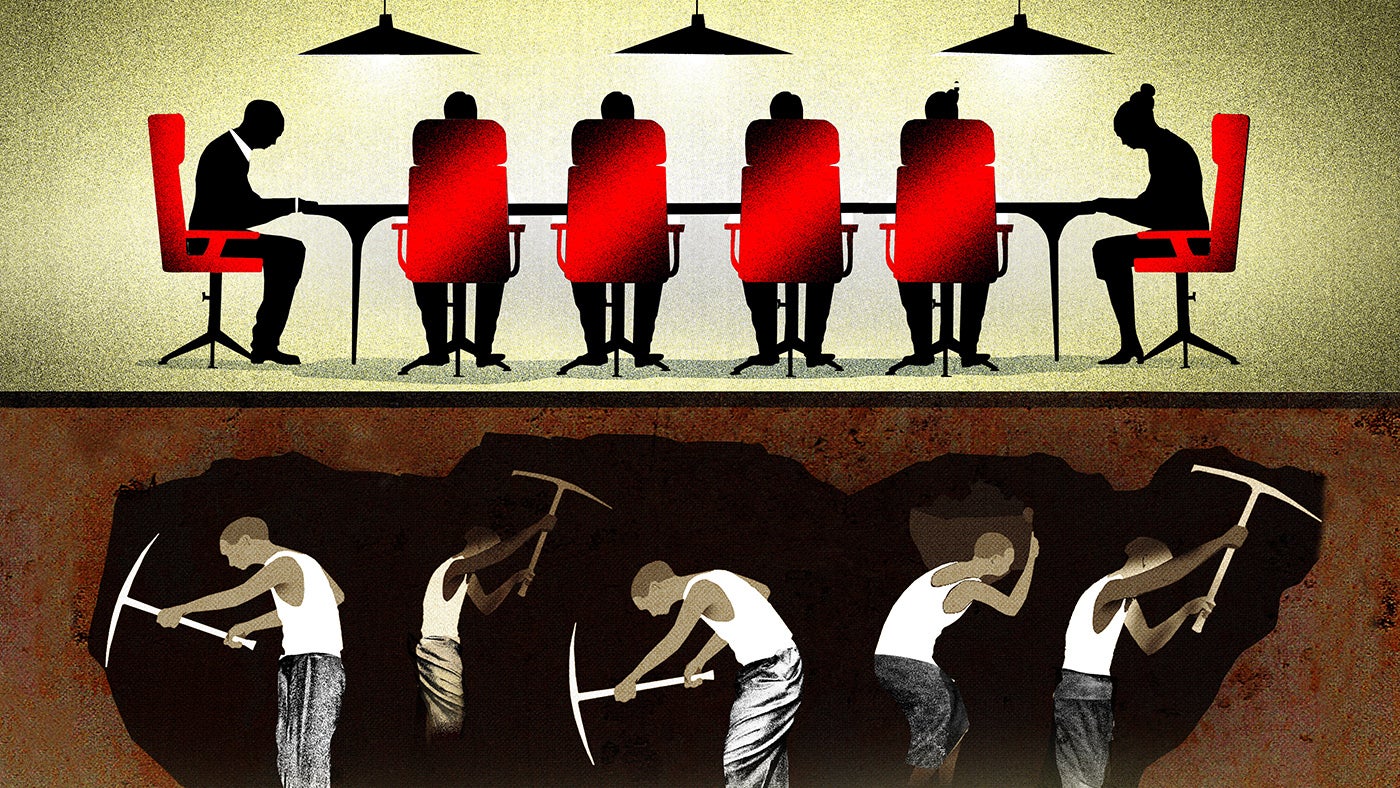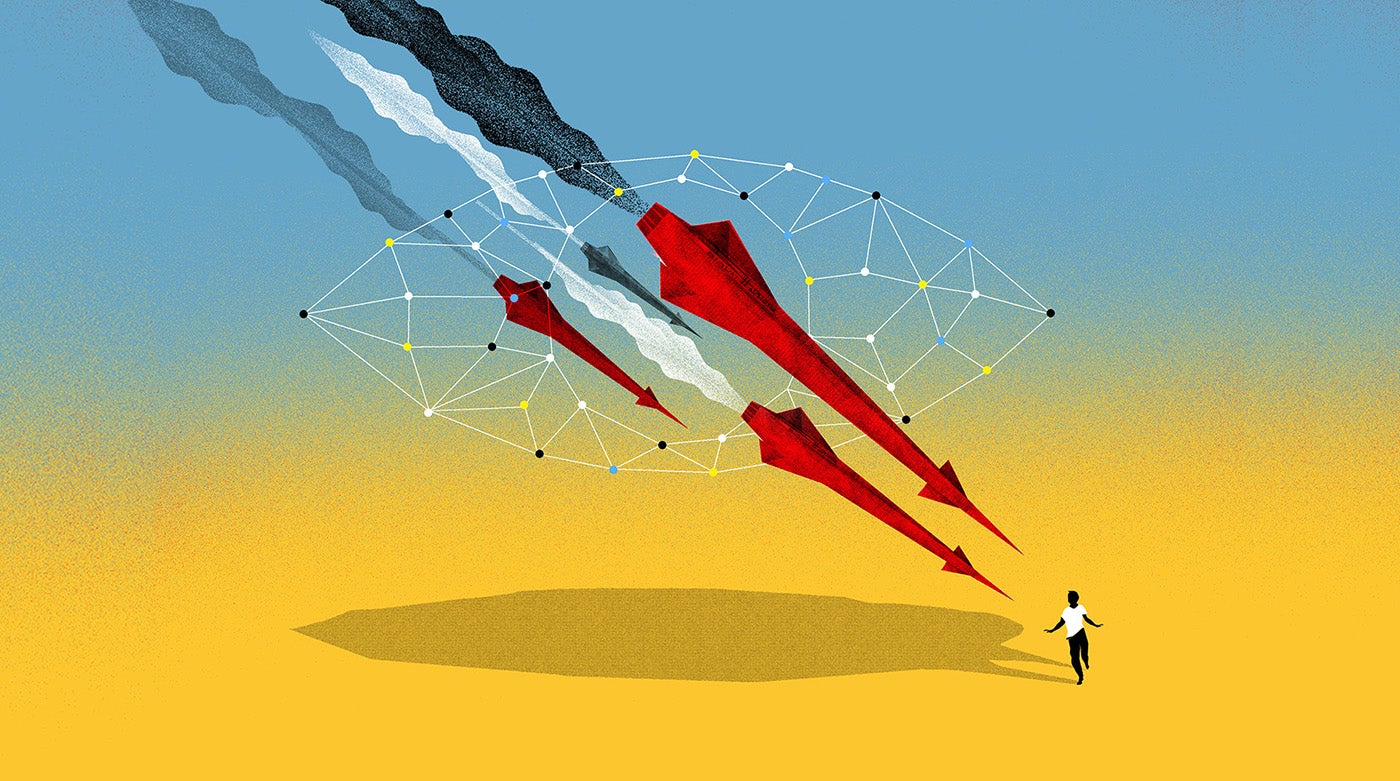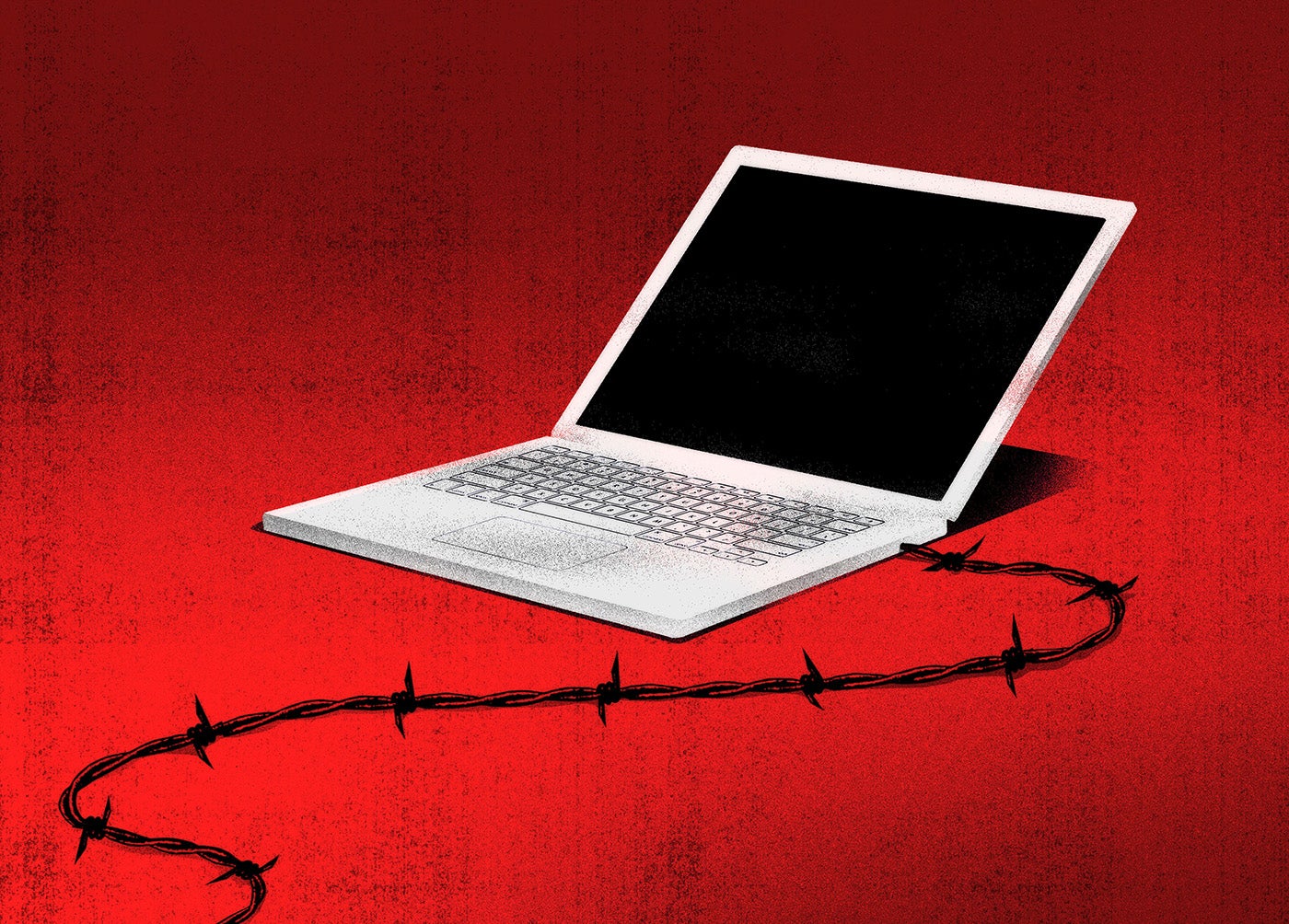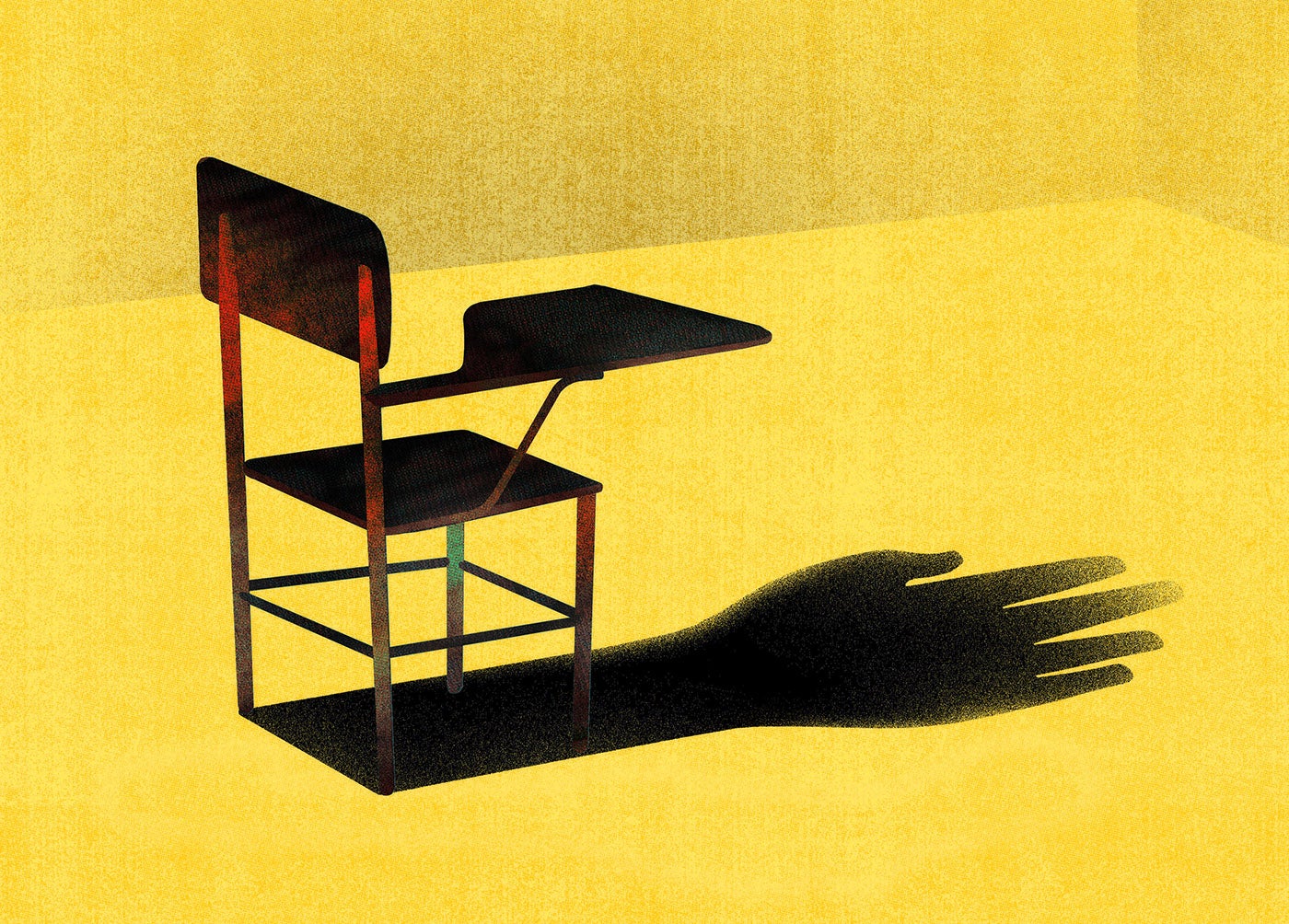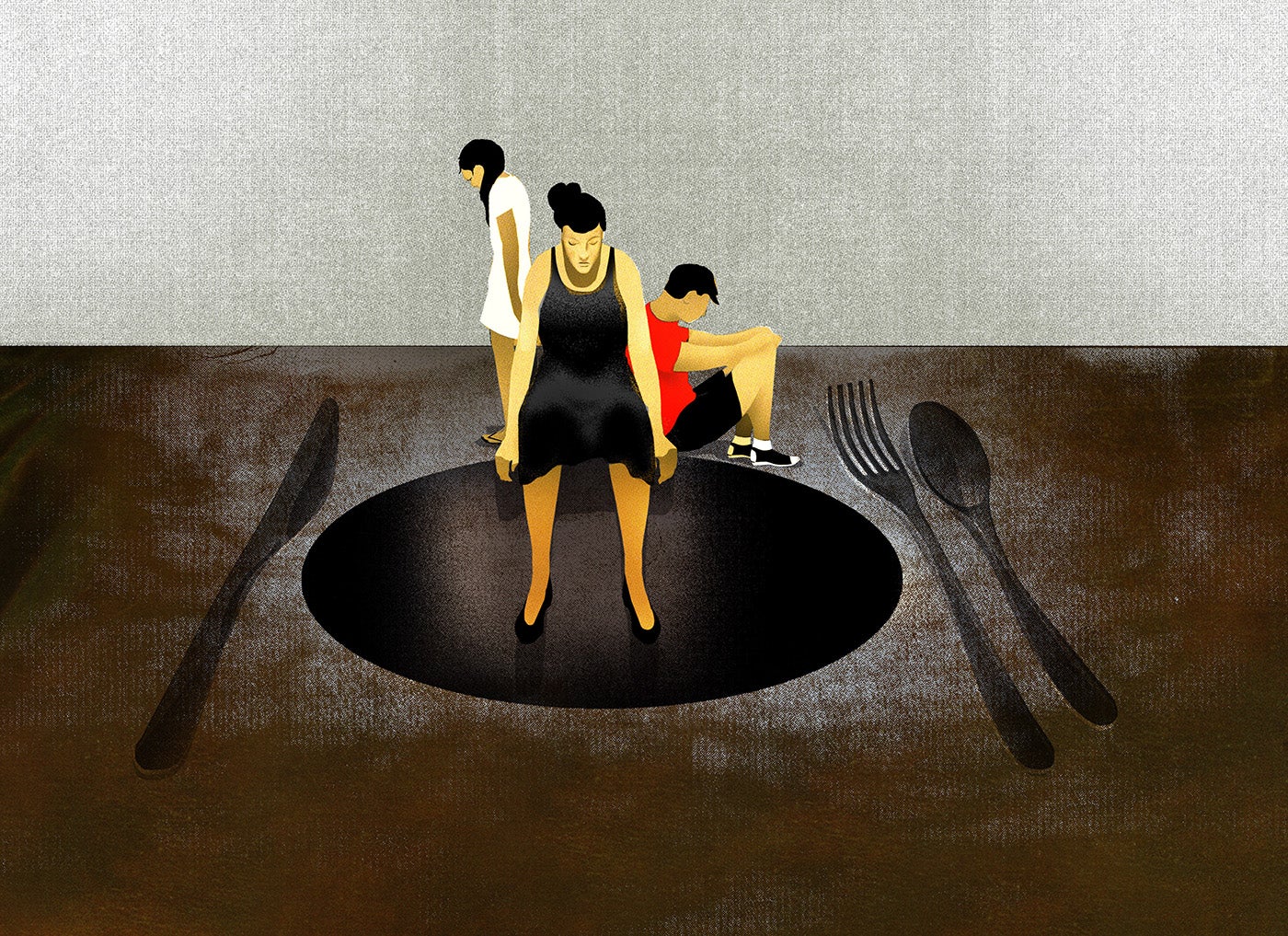(New York) – The Thai government of Prime Minister Gen. Prayut Chan-ocha elected in March failed to improve respect for human rights or restore genuine democratic rule after five years of military dictatorship, Human Rights Watch said today in its World Report 2020.
“Prime Minister Prayut’s second term continued with the same disregard for human rights that characterized his time as head of the military junta,” said Brad Adams, Asia director at Human Rights Watch. “The Thai government has done little to address the repressive legacy of military rule while new rights abuses pile up.”
In the 652-page World Report 2020, its 30th edition, Human Rights Watch reviews human rights practices in nearly 100 countries. In his introductory essay, Executive Director Kenneth Roth says that the Chinese government, which depends on repression to stay in power, is carrying out the most intense attack on the global human rights system in decades. He finds that Beijing’s actions both encourage and gain support from autocratic populists around the globe, while Chinese authorities use their economic clout to deter criticism from other governments. It is urgent to resist this assault, which threatens decades of progress on human rights and our future.
Although the ban on public assemblies was lifted in December 2018, at least 130 opposition politicians, academics, and pro-democracy activists in Bangkok and other provinces faced charges for illegal assembly in 2019 under the Public Assembly Act and sometimes sedition for peacefully holding rallies.
The government routinely enforced censorship, blocking and punishing opinions they deemed critical of the monarchy and the government. Since 2018, Thai authorities have avoided using the draconian lese majeste provisions under article 112 of the penal code. But critics of the monarchy have instead been prosecuted under other legal provisions, including sedition, cybercrime activities, illegal assembly, and criminal association.
The government disregarded Thailand’s obligation to ensure that all human rights defenders can carry out their work in a safe and enabling environment. Thai authorities have not seriously investigated a string of brutal attacks targeting prominent pro-democracy activists and dissidents. Meanwhile, government agencies and private companies have frequently retaliated against people who report allegations of abuse, filing criminal defamation and computer crimes lawsuits against them.
In November, the Central Criminal Court for Corruption Cases approved arrest warrants for Chaiwat Limlikit-aksorn and three other forestry officials in connection with the abduction and murder of the prominent ethnic Karen human rights defender Porlajee Rakchongcharoen, known widely as “Billy,” in April 2014. However, little has been done to investigate and bring to justice the perpetrators of the killings of more than 30 human rights defenders and civil society activists since 2001.
A climate of fear persists among Thai dissidents, Human Rights Watch said. Even those who fled Thailand to escape political persecution are not safe. At least two Thai political activists were forcibly disappeared in Laos. Three others have been killed. Another three Thai political activists returned by Vietnam to Thailand went missing. In addition, refugees and asylum seekers from Vietnam, Laos, and Cambodia were abducted in Bangkok and forcibly returned to face likely persecution in their home countries.
Neither torture nor enforced disappearance are recognized as criminal offenses in Thailand. Not surprisingly, such abuses continue, including the use of secret detention by anti-narcotics units and secret military detention of national security suspects and suspected insurgents in the southern border provinces.
Despite the lack of significant progress in human rights since the March 24 election, the United States, European Union, and other countries have not been publicly critical of the Thai government. The junta-appointed senate, which was crucial in Prayut to receive the necessary votes for prime minister, has been used by the government to resist demands for reforms, including the revocation of the junta’s rights-violating orders. Following the election, arbitrary legal actions and military intimidation against the opposition Future Forward Party and its leaders added to concerns about the government’s commitment to the democratic process.
“Thailand’s foreign friends should not ignore the rapidly deteriorating human rights situation in the country,” Adams said. “There should be no rush to return to business as usual without securing serious commitments from Prime Minister Prayut and his government to respect democratic principles and rights for all.”
